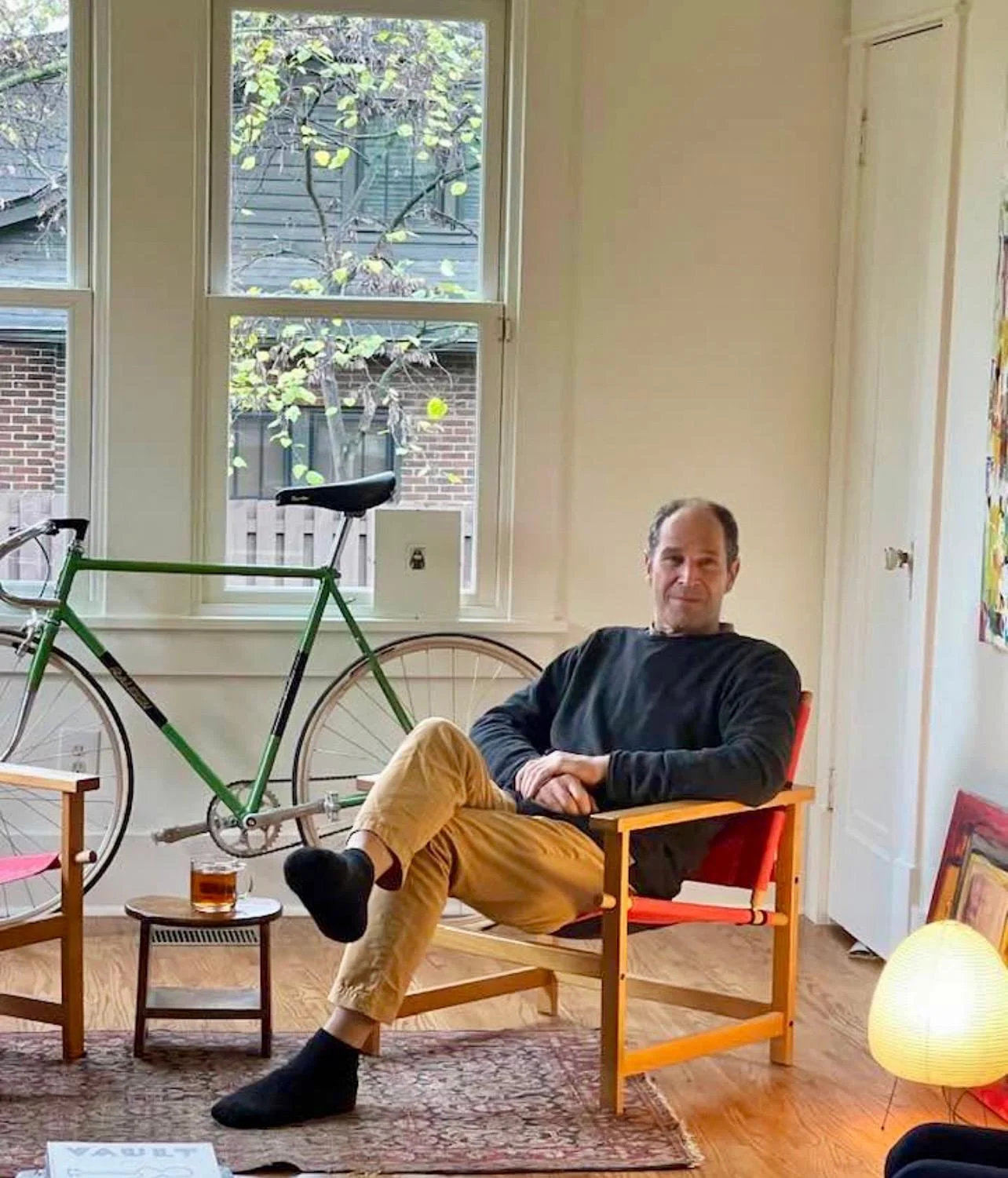What Teenagers Want Us to Know About Their Digital Lives
When I read the recent study by Leo Ziegel and Carl Fredrik Sjölund* on what teenagers want adults to understand about their digital lives, I felt something important: affirmed. Their findings echo what I’ve seen in schools, libraries, and conversations with young learners around the world, and what has driven me to write edufiction in the first place.
Young people are telling us, clearly and consistently, that they live in a digital landscape full of complexity. It offers friendship, belonging, creativity, and global connection… but also comparison, anxiety, surveillance, cyberbullying, and a constant sense of being watched.
And perhaps the most striking point in the study was this: Teenagers want adults to care about their online lives, but they also want us to understand those lives before we start lecturing them.
This has always felt like the central tension of working with digital youth culture: adults want to help, but we often talk at young people instead of with them.
That is exactly why I write edufiction. My characters do all the accomplishing. I just record their actions.
Why Storytelling Works Where Lecturing Fails
Edufiction: fiction that contains deeply researched educational content woven seamlessly into narrative, allows me to approach digital-life issues the way young people actually experience them: emotionally, socially, and situationally.
For a young person;
Cyberbullying isn’t a “topic.” - It’s a real fear. A real threat.
Digital identity isn’t a “lesson.” - It’s a daily performance.
Algorithms aren’t “theory.” - They’re invisible systems shaping friendships, moods, and self-worth.
Ziegel and Sjölund’s study showed that teenagers want adults to guide them, but not through warnings or moralising. They want recognition. They want empathy. They want tools.
Story is uniquely suited to give them all three.
When a reader meets a character navigating comparison pressure on social media, or wrestling with online anonymity, or making sense of a toxic group chat, they recognise themselves, safely, at a distance. The fictional world becomes a space where they can reflect without shame, without feeling judged, without an adult peering over their shoulder asking, “Is that what you do online?”
Edufiction lets me honour their inner world while equipping them with the knowledge they need.
The Research Backs What I See as a Writer
A few points in the article resonated especially strongly with the purpose behind my books:
1. Teens want adults to engage, not dismiss - In my school visits, young people often tell me that adults minimise their digital problems. I write stories where their struggles are taken seriously — and where adults in the narrative actually listen.
2. Online life is both supportive and harmful - I never paint technology as “good” or “bad.” Instead, my characters encounter both the empowerment and the danger. I want readers to feel respected enough to handle nuance.
3. Social comparison and curated perfection hurt mental health - Some of my protagonists confront unrealistic online beauty standards, peer pressure, and identity performance. They learn, as readers do, that perfection is an illusion.
4. Digital risks extend into private spaces - Cyberbullying, group chats, and the fear of image misuse all appear across my story worlds because young people repeatedly tell me these aren’t hypothetical threats, they’re daily realities.
5. Online belonging matters - Just as the study highlights, my stories show how online communities can rescue a lonely teenager from isolation, offer solidarity, and create unexpected friendship.
In other words, the concerns expressed by the 490 young participants in the study are the same concerns shaping the architecture of my fictional universes.
How Edufiction Helps Young People Process Their Digital Lives
On my website, I describe edufiction as a bridge: a way to smuggle real-world insights into immersive narrative. But it’s more than that.
Edufiction allows young people to:
See themselves in a character before seeing themselves in a lecture.
Explore consequences without real-life stakes.
Build critical digital literacy through empathy, not rule-following.
Start conversations with parents, librarians, or teachers using the story as a buffer.
Develop identity and agency — two things the research suggests are essential protective factors against digital harm.
Good stories make space for complexity. The very complexity teenagers are confronted with.
And teenagers deserve narratives that reflect their digital reality with honesty and care.
The Ziegel & Sjölund study ends with a call for adults to strengthen their own digital literacy and, crucially, to listen to young people.
That is precisely where edufiction can support you.
Parents can use a chapter as a conversation starter about comparison, privacy, or boundaries.
Librarians can curate books that pair entertainment with meaningful reflection, stories young people genuinely want to read.
Teachers can use fictional scenarios to unpack real-world digital dilemmas without making students feel exposed.
Stories open the door. You simply walk through it with them.
The digital world is not separate from young people’s mental health, identity, or development. It is their world; rich, risky, exhilarating, overwhelming, and deeply human.
My goal as an author is simple: to give young people stories that help them understand that world, navigate it, and feel less vulnerable inside it.
Edufiction is my way of doing that, and studies like Ziegel & Sjölund’s confirm that this approach is not only meaningful, but urgently needed.
If we want to help teenagers thrive online, then we must meet them where they are: in their stories, in their emotions, in their digital lives, and in the imaginative spaces where learning becomes not just acceptable, but enjoyable.
Article quoted in text: https://theconversation.com/what-teenagers-want-adults-to-know-about-their-digital-lives-266014

